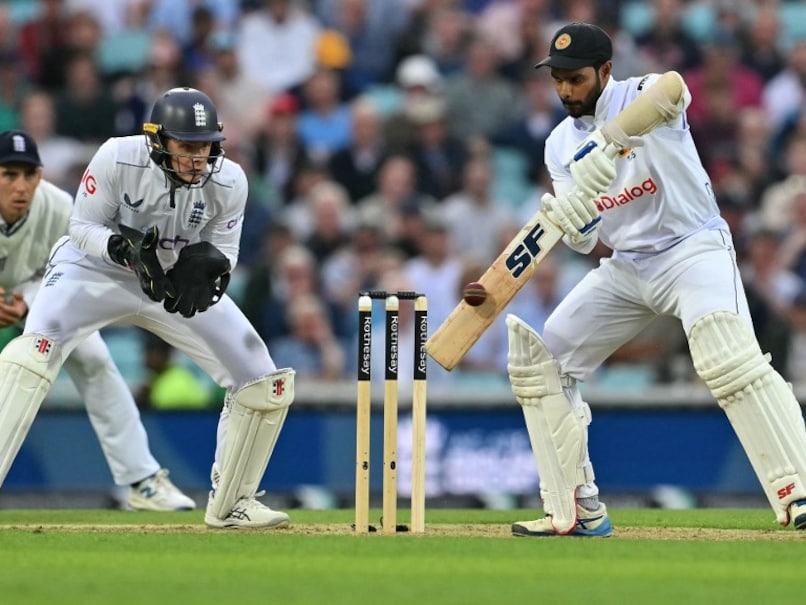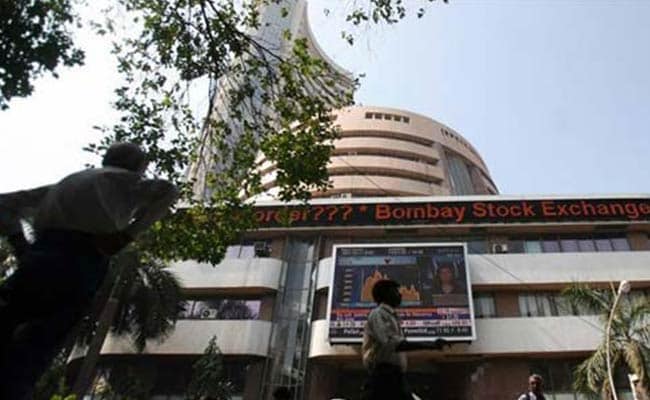PVR INOX plans to close 70 non-performing screens in FY25. File
| Photo Credit: Reuters
Leading multiplex operator PVR INOX plans to close 70 non-performing screens in FY25 and will go for potential monetisation of non-core real estate assets in prime locations such as Mumbai, Pune, and Vadodara, according to its latest annual report.
Though the company will add 120 new screens in FY25, it will close almost 60–70 non-performing screens, as it chases for profitable growth.
About 40% of new screen additions will come from South India, with a “strategic focus” on this lesser penetrated region as per its medium to long-term strategy.
Moreover, PVR INOX is redefining its growth strategy by transitioning towards a capital-light growth model to reduce its capex on new screen additions by 25 to 30 per cent in the current fiscal.
Now, PVR INOX will partner with developers to jointly invest in new screen capex by shifting towards a franchise-owned and company-operated (FOCO) model.
It is also evaluating monetisation of owned real estate assets, as the leading film exhibitor aims to become a “net-debt free” company in the foreseeable future.
“This involves a potential monetisation of our non-core real estate assets in prime locations such as Mumbai, Pune, and Vadodara,” said Managing Director Ajay Kumar Bijli and Executive Director Sanjeev Kumar addressing the shareholders of the company.
In terms of growth, they said the focus is to speed up expansion in underrepresented markets.
“Our company’s medium to long-term strategy will involve expanding the number of screens in South India due to the region’s high demand for films and comparatively low number of multiplexes in comparison to other regions. We estimate that approximately 40 per cent of our total screen additions will come from South India,” they said.
During the year, PVR INOX opened 130 new screens across 25 cinemas and also shut down 85 under-performing screens across 24 cinemas in line with its strategy of profitable growth.
“This rationalisation is part of our ongoing efforts to optimise our portfolio. The number of closures seems high because we are doing it for the first time as a combined entity,” said Mr. Bijli.
“PVR INOX’s net debt in FY24 was at ₹1,294 crore. The company had reduced its net debt by ₹136.4 crore last fiscal,” said CFO Gaurav Sharma.
“Even though we are cutting down on capital expenditure, we are not compromising on growth and will open almost 110–120 screens in FY25. At the same time, not wavering from our goal of profitable growth, we will exit almost 60–70 screens that are non-performing and a drag on our profitability,” he said.
In FY24, PVR’s revenue was at ₹6,203.7 crore and it reported a loss of ₹114.3 crore. This was the first full year of operations of the merged entity PVR INOX.
Over the progress on merger integration, Mr. Bijli said “80-90% of the targeted synergies was achieved in 2023-24” In FY24, PVR INOX had a 10% growth in ticket prices and 11% in F&B spend per head, which was “higher-than-normal”. This was primarily on account of merger synergies on the integration of PVR and INOX, said Mr. Sharma.
“Going forward, the increase in ticket prices and food and beverage spending per head will be more in line with the long-term historical growth rates,” he said.
PVR INOX aims to restore pre-pandemic operating margins, enhancing return on capital, and driving free cash flow generation.
“We aim to boost revenue by increasing footfalls through innovative customer acquisition and retention,” said Sharma adding “We are also driving cost efficiencies by renegotiating rental contracts, closing under-performing screens, adopting a leaner organisational structure, and controlling overhead costs.”











